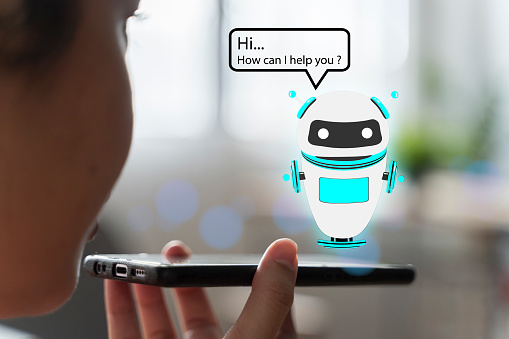NEWS ~ ChatGPT scares Google!
At Google, there is concern that ChatGPT will bring about a revolution in search engines that could end the era of the Internet giant.
There's no doubt about it, OpenAI's ChatGPT has become the number one attraction in Artificial Intelligence, open to the general public, in just a few weeks. ChatGPT has the answer to almost everything in terms of form, even if sometimes more convincingly than in terms of substance. The powerful algorithms of this AI impress and worry.
In addition to the ethical questions, there are those that revolve around the economy. And it is on this side that Google's management is keeping an eye on. Interested in the efficiency and popularity of AI, according to the New York Times, the Internet giant's management team has triggered a "code red" for its own search engine. Google boss Sundar Pichai reportedly ordered several teams to step up their efforts on the quality of the company's search engines to arm them against the potential threat posed by ChatGPT. However, before the acquisition and the transformation of OpenAI into a commercial company, headed by Elon Musk, the development of the GPT AI, which drives the chatbot, came partly from Google's labs.
ChatGPT's algorithms do not work like those of regular search engines. ChatGPT seeks to understand users' questions and their intentions formulated in natural language. The chat system, i.e. the dialogue, allows the AI to enrich its thinking and to correct itself in case of misinterpretation. It is this revolution that scares Google if it is implemented now in search tools. If the firm has become unavoidable, it is precisely because in its time, it had also implemented a technology that turned the Internet upside down and eliminated most other search engines.
Google seeks to develop a safe, ad-friendly AI:
For the moment, this AI has nothing to do with a search engine like Google's. Its database is only internal. It bases its answers on what it has ingested until 2021 and does not come from the Web. For this reason, the AI can lie or misinform by asserting with a very convincing rhetoric false information. But, despite this, the basics are there and this kind of AI could well draw the cover to itself. This is a shame for Google, which also has its own chatbot, based on LaMDA, or Language Model for Dialogue Applications. It can be compared to ChatGTP. Rather than opening its AI to the public as OpenAI does, Google prefers to integrate them into real products before offering them.
If the firm also wants AI to be able to use a search engine in a safe way, it also faces a prohibitive incompatibility. Today, 80% of Google's revenues come from its advertising network. However, the AI of a chatbot is not at all adapted to the distribution of these ads. The teams will therefore have to redouble their ingenuity to find a solution that will allow them to get rid of a troublemaker like ChatGPS or one of its clones.
And then, we also remember the disappointments of Meta, last summer with the BlenderBot 3, a chatbot able to lead discussions by gleaning information on the Internet to feed the debates. Less than two days after its launch, the chatbot very quickly started to make conspiratorial and anti-Semitic remarks. Finally, in trying to make the AI react like a human, the algorithms behave a bit like him, by going to give credit to massively shared impressions.
THANK YOU for reading
You Tech 56

Comments
Post a Comment